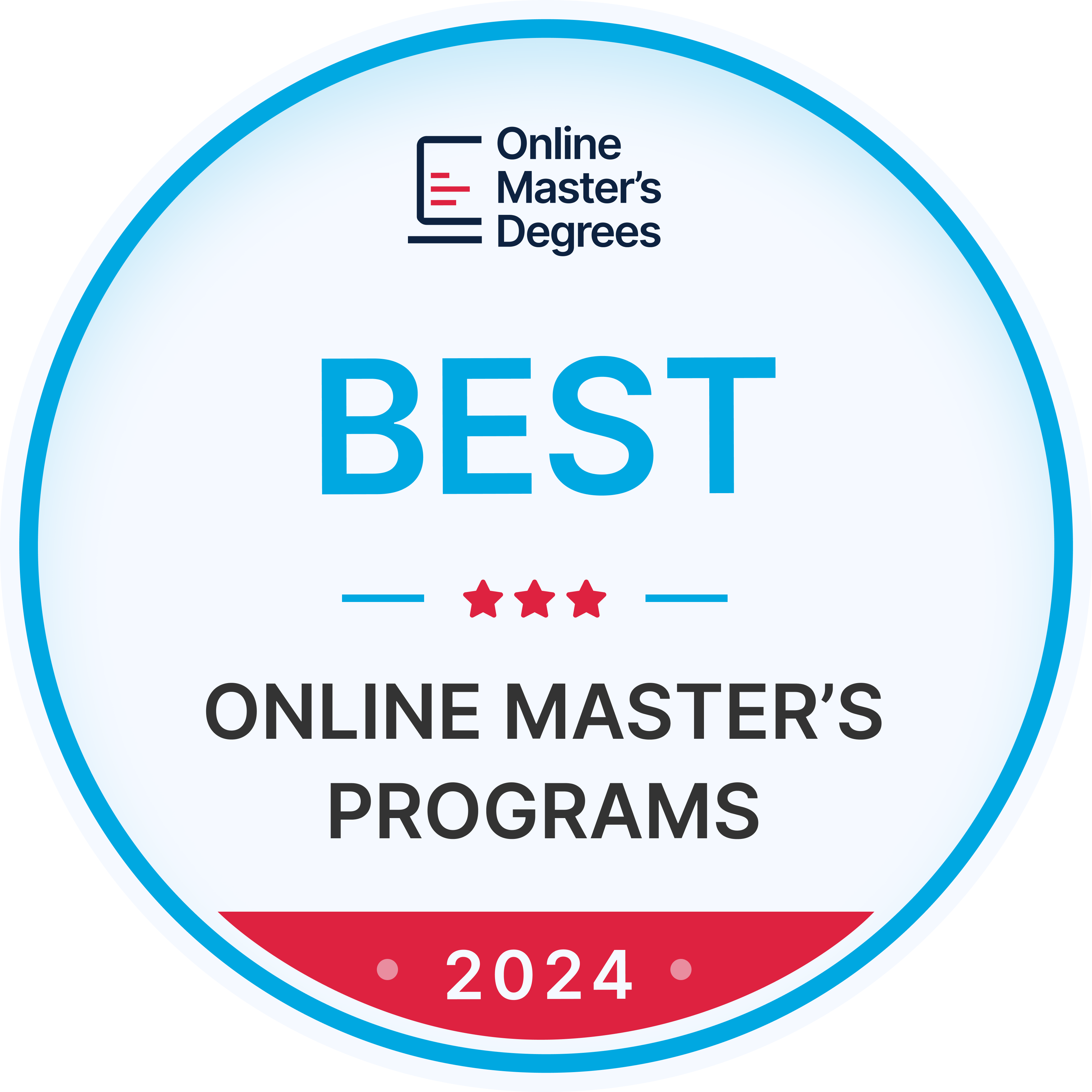The Online Experience
Faculty teaching MTSU Online courses are required to provide students with an interactive
learning experience by answering student questions with 24-48 hours and by providing
timely feedback on assignments. Also, MTSU Distance Education Policy 254, under III.
Academic Standards, states: “C. Each distance education course must provide for interaction
and timely feedback between students and faculty member(s) teaching the course. As
appropriate, these interactions may be individual, group, or mixed. They may take
place electronically, i.e., by telephone, by computer, or by interactive video.”
Many students ask if they will be reading information, watching recordings of lectures,
or participating in videos/simulations made especially for distance students. MTSU faculty develop their own online courses which are offered via Desire2Learn (D2L)
learning management software. They may use a variety of sources to provide course
content such as original, ePublisher, and open source content.
Frequently Asked Questions (FAQ)
How many students are in the typical online class?
The average online course size is 22 students. Course size varies by discipline and
the nature and content of the course.
Do the classes meet synchronously (faculty and students meet at the same time) or
asynchronously (students do not have to meet at the same time)?
Most online courses are asynchronous although some professors may require proctored
exams which may be taken at approved, off-campus sites during an instructor-specified
timeframe. You can see any required meetings and dates before you register for a course.
Are courses primarily text-based or do they include multimedia?
This varies depending on the subject and faculty preferences. MTSU provides a multimedia
specialist to assist with course development, and more faculty are providing those
types of learning experiences in their online courses.
Do courses use innovative modes of instruction, such as virtual reality, game-based
instruction, or project-based learning?
This depends on the content of the course, and the preferences of faculty instructors.
How often will I interact with my professor, and with other students?
Interaction with your professor will be frequent — usually multiple times per week.
Interaction with fellow students depends on the course design and content, although
best practice is a course design that includes frequent student-to-student interaction.
How are tests/other assessments handled? Am I required to go to a specific testing
location or to use special testing software? And is there an additional fee or cost
for this?
Some professors may require test proctoring which they conduct. For a student who
cannot come to campus to take proctored exams, the student may take the exam at approved,
off-campus sites. These sites may charge testing fees.
How is the course content accessible to those with disabilities?
Instructors are required to make course content accessible and are provided various
training opportunities, resources, and an accessibility specialist to assist in this
effort.
What sort of technology will I need?
You will need a relatively modern computer and a reliable internet connection. If
you cannot make that purchase now, make sure you can study, access course sites, and
complete assignments at a public library or other public access location. Make sure
the access site operating times are convenient for you.
What are the specifications for the computer and software required for me to participate
in my course?
A systems check may be run on your computer the first time you log into D2L, the online learning
management system. The systems check ensures that you have installed everything needed
to use D2L. You need a fairly modern computer to effectively participate in online
courses.
What level of internet access will I need?
You need a reliable computer and Internet connection to successfully complete an online
course. Students who do not have a computer may access their courses via the MTSU
Walker Library (with an MTSU ID), MTSU computer labs or at a local public library.
(Note: Some public libraries block certain web addresses. Students should verify with
the library’s IT support if unable to access. Also, some libraries may charge usage
fees and may have time limits on their computers).
Browser checks should be conducted when using the following MTSU systems:
- D2L learning management system
- PipelineMT - Students register for classes, pay fees, check email, keep a calendar
and access personal data via this online portal. The browser check may be conducted
at the login site by selecting the Quick Links and Supported Browser links. Free Technology
Tutorials on internet basics and systems are also available at GCF LearnFree.org.
Does the institution have discount programs for purchasing computer hardware and/or
software for online students?
The Dell College Store provides information on student discounts for computers. MTSU's academic system has
many software programs available for student use. Students register using their MTSU email account.
Can I participate on my mobile devices?
Online courses can be accessed on advanced mobile devices (iOS and Android) using
the D2L Pulse app.
Is technical support available 24/7 or, at least, the hours that I might need it?
The MTSU Help Desk provides multiple services for distance learners including tutorials and D2L support.
Additional services are available at ITD.
Contact Information:
Phone: (615) 898-5345
E-mail: help@mtsu.edu
Location - KUC 320





